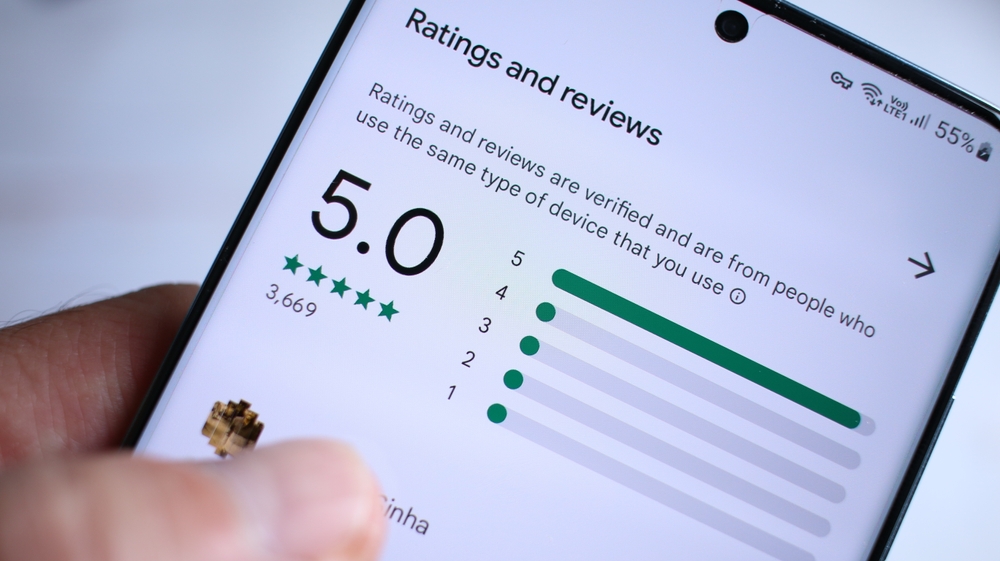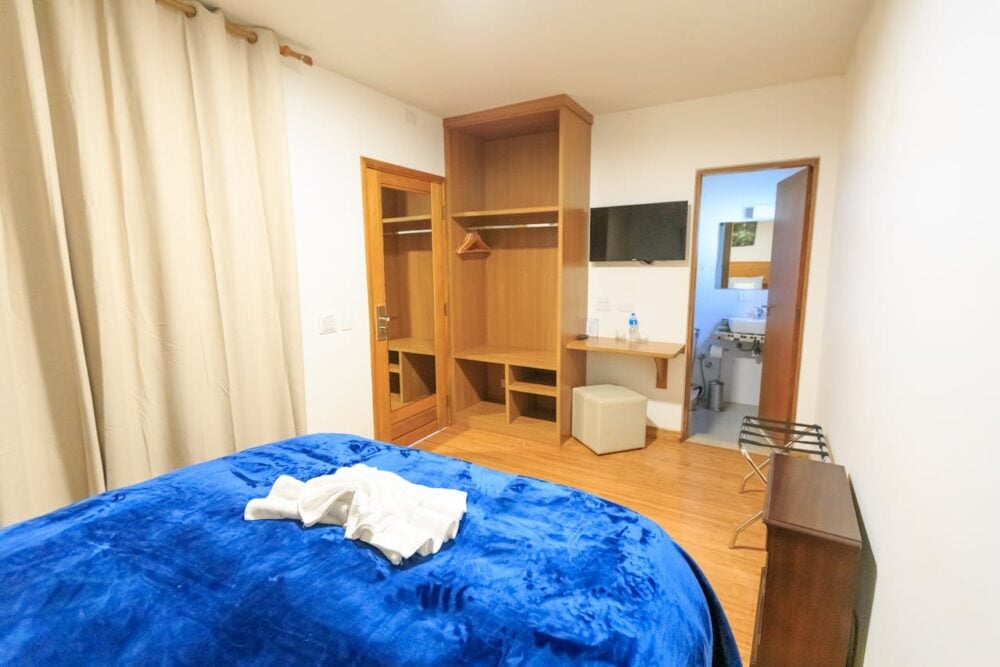Recognize crucial signs that indicate risks before finalizing vacation rental bookings.

Booking the right vacation rental involves more than just finding a great location or cheap price. Identifying red flags can save travelers from scams, poor property conditions, and frustrating experiences. Key warning signs include inconsistent photos, unclear host communication, suspicious pricing, and unreliable reviews. Paying close attention to these details ensures safer, more enjoyable stays and protects against unexpected complications during your trip.
1. Listing photos look overly edited or appear inconsistent with the description.

Professional-looking photos enhance a vacation rental listing, but overly edited images can hide significant flaws. Discrepancies between photos and descriptions may suggest the property doesn’t match expectations. This tactic often conceals outdated furnishings or incorrect property sizes, leading to disappointment upon arrival.
Consistently forgettable images paired with embellished descriptions might indicate a lack of transparency, We Travel, We Bond shared. A genuine host typically provides clear and accurate visuals and descriptions. Checking for multiple photos from different angles and comparing with guest pictures or reviews can reveal the property’s true nature. This helps ensure a trustworthy booking experience.
2. Host refuses to communicate directly or delays answering important questions.

Effective communication from a host builds trust and facilitates informed decisions. When a host refuses direct interaction or delays responses, consider potential issues with host reliability. This behavior may hint at a lack of commitment to maintaining the property or addressing guest concerns.
Inconsistent communication patterns can lead to confusion over details, which can impact the vacation experience, according to PCMag. It becomes harder to solve problems during the stay if the host isn’t responsive beforehand. Reliable hosts usually answer promptly, discuss terms clearly, and provide necessary information, creating an open channel for ensuring guest satisfaction.
3. The rental price is significantly lower than comparable properties nearby.

Unreasonably low prices can suggest possible fraud or a problematic rental. While deals exist, prices significantly under market value often hint at an issue. Important factors like hidden fees, substandard amenities, or even scams could account for such anomalies, leading to unforeseen expenses or unsafe experiences.
In situations where a listing seems too good to be true, it might be. Comparing with nearby properties aids in understanding fair market pricing. Any scheme to bait tourists with low prices often fails to deliver promised quality, Business Insider reports. Awareness of common regional rates ensures a practical approach to booking decisions.
4. Reviews are either all excessively positive or entirely absent from the listing.

Reviews provide valuable insights into a rental’s quality and host reliability. Listings with only extremely positive or nonexistent reviews warrant caution, as manipulations might be involved. Fake positive reviews can mask real issues, while an absence allows room for encountering unknown risks.
A diverse mix of feedback signifies authenticity, portraying realistic experiences. Investigating such reviews equips potential renters with a comprehensive understanding of potential interactions or issues. Patterns in reviewers’ comments about cleanliness or host interactions, for example, can prompt informed considerations about whether to avoid or engage the rental.
5. Cancellation policies are unusually strict or confusing without clear explanations.

Cancellation policies lacking flexibility or clarity can complicate vacation plans. Unusual strictness in cancellation terms may indicate a rental’s overreliance on non-refundable fees, which might suggest problematic past experiences or an effort to deter potential guests from backing out.
Clear explanations in refund terms aid in minimizing risks upon unforeseen travel changes. Justifiably flexible policies reflect a rental’s confidence in appealing to bookings without restrictive measures. Reviewing the cancellation terms carefully allows the identification of potential financial pitfalls or a sign of the property’s management style, urging caution where details are vague.
6. The property lacks basic amenities commonly expected in similar rentals.

Certain amenities should usually be present in vacation rentals. The absence of basic features like functioning kitchen facilities or internet access can raise concerns about the quality and reliability of the rental. Such deficiencies might reflect badly on the host’s commitment to guest satisfaction.
Unavailable standard amenities suggest cost-cutting or neglect, impacting the comfort and convenience of staying there. Understanding typical expectations for amenities in the rental market assists in discerning whether an omission is plausible. Informed decisions hinge on weighing these offered features against the price and location to maintain ideal experience standards.
7. The location description is vague or doesn’t match the map provided.

A vague location description or mismatched map position can be problematic. This discrepancy may conceal inconvenient aspects such as unexpected distance from attractions or undesirable surroundings. Misleading location info might prevent guests from accurately planning their itinerary.
Exact location details empower accurate travel preparation. Misrepresented locations potentially suggest deceptive intentions to mask less appealing areas, impacting enjoyment of the locale. Cross-referencing location specifics against known landmarks and using reviews to corroborate distances can provide peace of mind. Understanding proximity and accessibility prevents negative surprises upon arrival at an unfamiliar area.
8. Host’s profile is incomplete or lacks verified identification details.

An incomplete host profile, especially one lacking verified identification details, reduces trustworthiness. Essential information about the host mitigates risks of scams or fraudulent proceedings. An unverified profile could harbor intentions to avoid accountability, which may complicate resolving disputes or emergencies.
Profile transparency suggests reliability and encourages confident bookings. Details like host history and verification build a trustworthy vacation rental platform. Prospective renters benefit by recognizing validated profiles, heightening confidence in legitimate transactions. Consistency in profiles across platforms underscores professionalism in property management, assuring responsible interaction with potential renters.
9. Requests for payment outside secure platforms or unusual payment methods arise.

Requests for payments outside of secure platforms, or unusual payment methods, raise immediate red flags. Secure platforms provide protection against fraud, so bypassing these systems jeopardizes both financial security and recourse for renters. Such requests often indicate fraudulent attempts to exploit unaware guests.
Platforms with robust security ensure payment safety, maintaining protection in case of disputes. Unconventional pay methods might circumvent legal protections usually afforded by standard transactions. Ensuring all financial dealings occur within reliable systems promotes a secure rental experience by mitigating potential exploitation through unauthorized payment channels.
10. Negative reviews mention safety concerns or unclean conditions repeatedly.

Frequent mentions of safety issues or cleanliness problems in reviews should prompt caution. Consistent reports about unsafe conditions, like broken locks or unsanitary environments, indicate severe neglect that affects comfort and personal security. Addressing these concerns is essential for ensuring a pleasant vacation rental stay.
Repeat negative observations illuminate an underlying problem often overseen by property management. These issues suggest an unwillingness to invest in necessary maintenance, risking potential health hazards or distress during a stay. Guests benefit from recognizing patterns in feedback to safeguard against problematic or unsafe rental experiences.
11. The property listing contains inconsistent information about occupancy limits.

Inconsistencies regarding occupancy limits within a listing contribute to confusion and potential legal complications. Clear understanding of the number of permitted guests promotes harmonious rental use, ensuring adherence to local regulations. Discrepant information might suggest disregard for rules or indicate an attempt to overextend property usage.
Appropriate listings outline maximum occupancy responsibly, guiding guest accommodations without ambiguity. Properly detailing guest limits prevents misunderstandings, ensuring comfort and compliance. Awareness of occupancy terms, combined with regional statute knowledge, helps bridge gaps in rental agreements, minimizing adverse situations or legal disputes effectively and efficiently.
12. Last-minute availability appears suspiciously convenient without prior notice.

Suspiciously convenient last-minute availability might arise under questionable circumstances. Unfilled rental slots falling within peak periods potentially indicate cancelations due to unresolved complaints. Addressing last-minute offers requires careful inspection into background reasons, protecting renters from inheriting previous guests’ issues.
Unexpected vacancy implies potential pitfalls in the form of unsatisfactory conditions or administrative oversights. Wise scrutiny into recent guest experiences or situational shifts helps define authenticity. Garnering a comprehensive understanding of vacancy causes aids peace of mind, ensuring the rental aligns with the current travel agenda and expectations.
